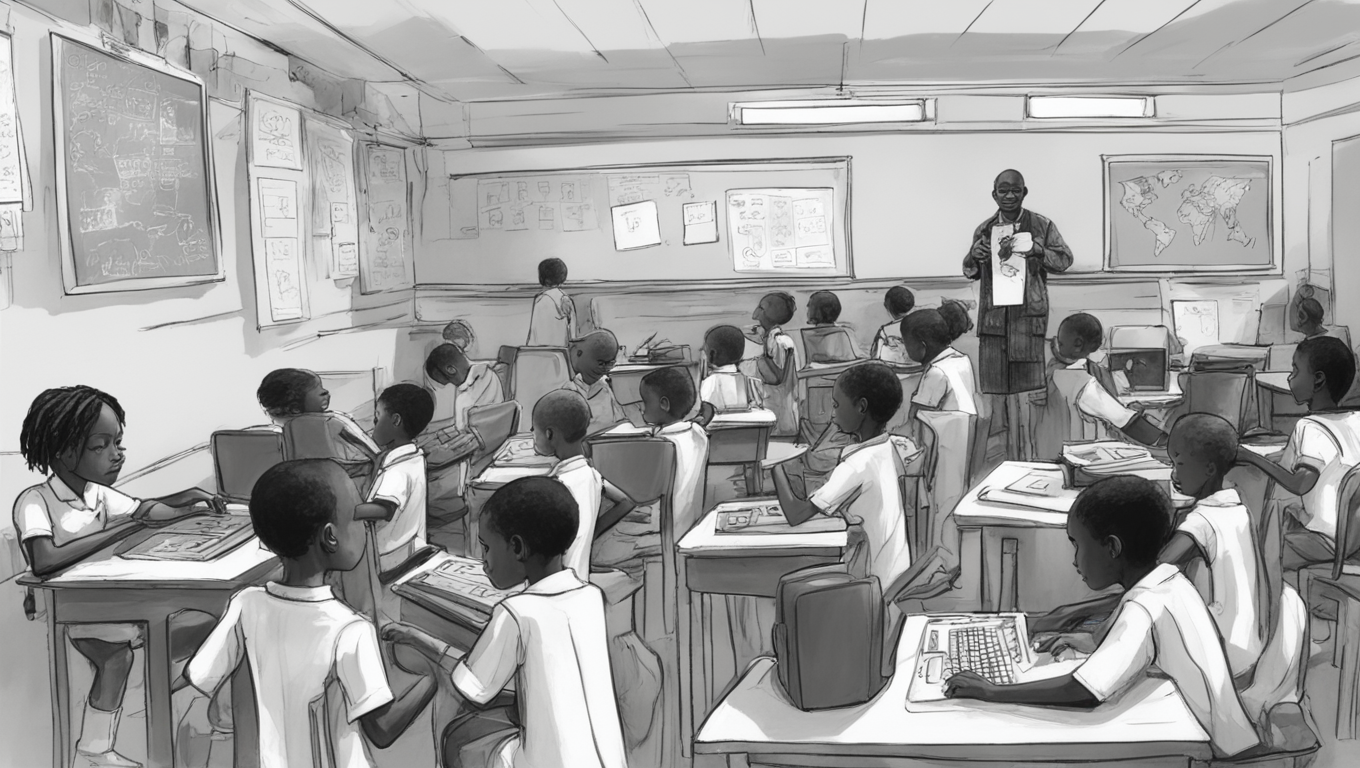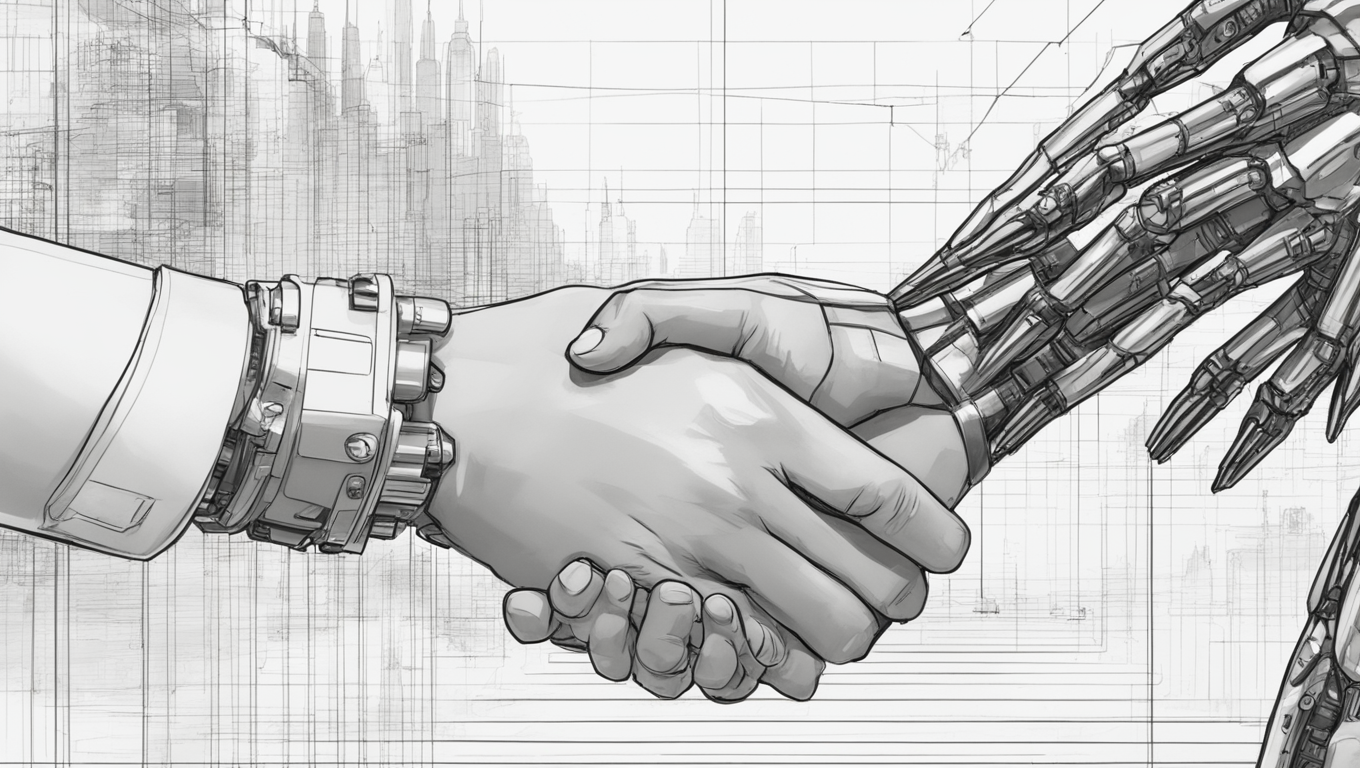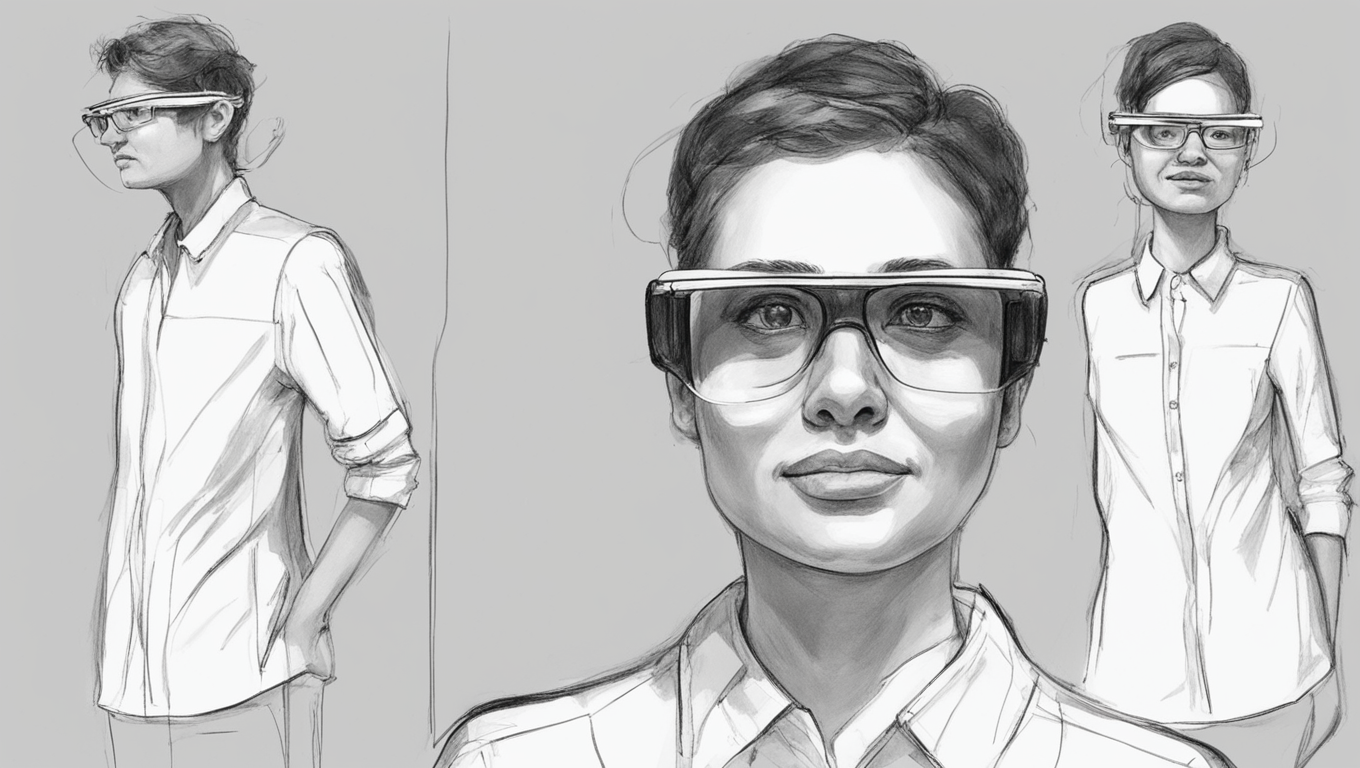In a move to support the technological development of Nigeria, the Federal Government has introduced Design Thinking, Coding, Robotics, and Artificial Intelligence (DTCRA) in smart schools across the country. This initiative aims to equip learners in these schools with the necessary skills to thrive in the digital age. Dr. Hamid Bobboyi, the Executive Secretary of the Universal Basic Education Commission (UBEC), highlighted the importance of integrating these programs into the classroom, stating that they would inspire critical thinking, creativity, innovation, and problem-solving among young learners.
Speaking at a workshop on the integration of DTCRA into the Smart Schools Programme, Dr. Bobboyi emphasized the vision of UBEC to nurture globally competitive learners. Prof. Bashir Galadanci, the National Coordinator of the Digital Resource Centre (DRC), echoed this sentiment, noting that the workshop aimed to bring together experts from academia, the private sector, and the Commission to brainstorm the best ways to integrate these essential skills into smart schools.
The UBEC recently established 37 smart schools across Nigeria, with one in each state, as well as the Federal Capital Territory (FCT). These schools aim to revolutionize education within the basic education subsector by utilizing modern blended teaching methods and state-of-the-art technologies to enhance learning outcomes. Mr. David Apeh, the UBEC spokesperson, highlighted that 14 of these smart schools have already been launched, with learners benefitting from the innovative approach to education.
As Nigeria continues to position itself as a leader in the global digital landscape, the integration of DTCRA into smart schools is a crucial step in preparing students for the future. The country recognizes the importance of nurturing talent and empowering learners with the skills necessary to thrive in a technology-driven world.
In a statement, Mr. Apeh noted, “This ambitious program in smart education will ensure that the learners in these schools are given the opportunity to excel and contribute to the technological advancement of Nigeria.”
This initiative has been met with enthusiasm from various stakeholders who see the value in equipping students with cutting-edge skills. Dr. Ahmed Babaji, a renowned researcher in the field of robotics, expressed optimism about the potential of DTCRA programs in smart schools, stating, “Introducing these programs at such an early stage will not only foster a passion for technology among students but also provide a solid foundation for future innovations.”
As Nigeria takes a proactive approach to preparing students for the digital age, it joins the growing list of countries recognizing the importance of integrating technology and creativity into education. This forward-thinking approach sets the stage for a generation of students who will be equipped with the skills needed to thrive in a rapidly evolving world.
As we look ahead, it is clear that the success of this initiative will depend on collaboration between the government, academia, and the private sector. By harnessing the expertise of key stakeholders, Nigeria can ensure that students are receiving the most relevant and practical training in DTCRA fields.
In conclusion, the introduction of DTCRA programs in smart schools across Nigeria marks a significant step in the country’s quest for technological advancement. With a focus on nurturing critical thinking, creativity, and innovation, these programs will empower learners to become problem solvers and globally competitive individuals. As Nigeria invests in its future leaders, it sets a precedent for other countries striving to unlock the potential of their youth in the digital era.





Use the share button below if you liked it.